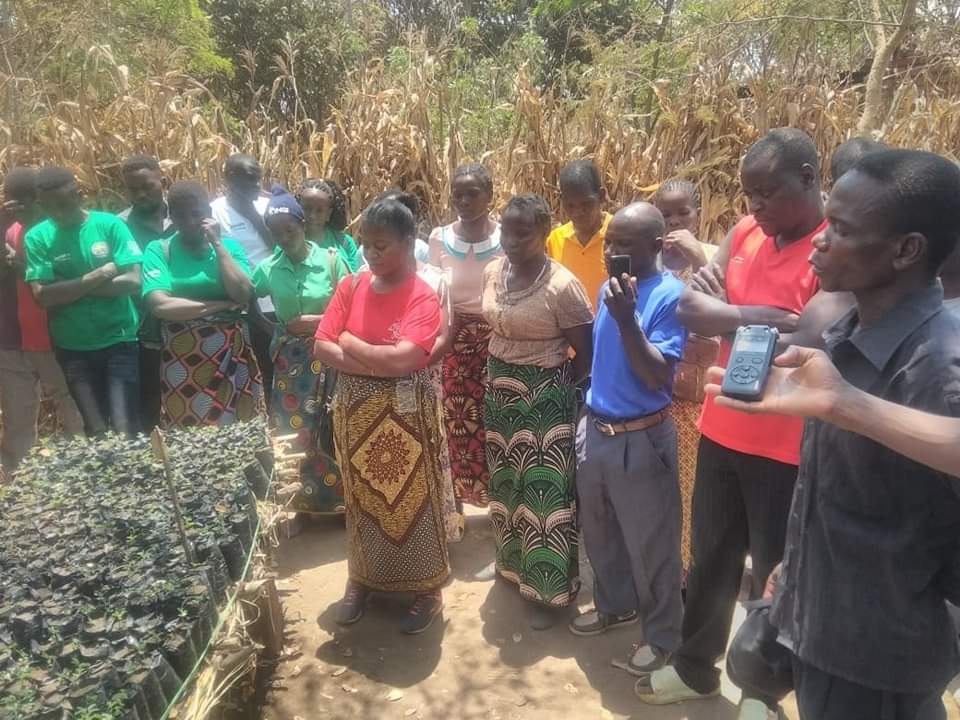By Burnett Munthali
Farmers in Mchinji have been encouraged to adopt integrated agriculture practices as a way of improving food security, income, and nutrition. The call was made on Friday by Kasungu Agriculture Development Division (ADD) Programme Manager, Yusuf Shaibu, during a visit to Tembwe, Mchinji. Shaibu emphasized the importance of modern farming technologies, urging smallholder farmers to take the messages seriously in order to achieve higher yields.
“Integrated agriculture is key to unlocking the potential of our land, ensuring that farmers not only produce more food but also increase their income and improve nutrition in their households,” Shaibu said.
Kasungu ADD, which covers the districts of Mchinji, Ntchisi, and Kasungu, has been at the forefront of promoting these agricultural practices. Shaibu’s message resonated with the ongoing push to enhance productivity and sustainability among smallholder farmers.
Francis Chiwaya, Chairperson of the Decentralised Agriculture Extension Coordinating Committee, reinforced Shaibu’s message. He called on extension workers to harmonize their interventions and adopt a holistic approach when delivering crucial information to farmers. He outlined several key interventions that should be prioritized, including ridge construction, the use of swales, ridge realignment, box ridges, pit planting, and soak pits.
“These interventions are essential for building resilient farming systems, especially in areas prone to soil erosion and drought. When done correctly, they not only protect the soil but also enhance water conservation, leading to better yields,” Chiwaya noted.
Despite these efforts, some challenges remain. The Tembwe Federico Agroforestry Club, which manages a 2-hectare natural forest, has raised concerns over the lack of expertise in certain areas. The club has appealed to district authorities for support, specifically requesting beehives and shovels to help them improve their agroforestry practices.
As farmers in Mchinji continue to embrace integrated agriculture, the hope is that more resources and expertise will be made available to them to ensure that their efforts translate into meaningful gains in food production, income generation, and improved nutrition.
The push for integrated farming comes at a critical time when Malawi, like many other countries, is facing increasing challenges in agriculture due to climate change and population growth. Authorities believe that by adopting modern technologies and sustainable practices, smallholder farmers can better navigate these challenges and contribute to national food security.



